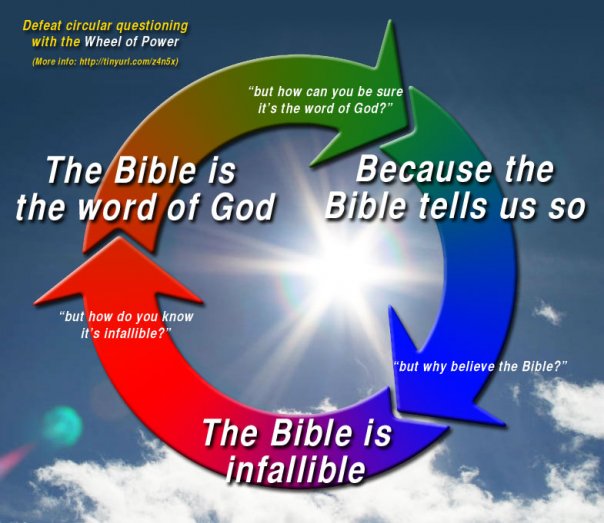A bit off-topic, but if we're going to discuss scientific theories it would be well to understand the following:
Words have precise meanings in science. For example, 'theory', 'law', and 'hypothesis' don't all mean the same thing. Outside of science, you might say something is 'just a theory', meaning it's supposition that may or may not be true. In science, a theory is an explanation that generally is accepted to be true. Here's a closer look at these important, commonly misused terms. Hypothesis
A hypothesis is an educated guess, based on observation. Usually, a hypothesis can be supported or refuted through experimentation or more observation. A hypothesis can be disproven, but not proven to be true.
Example: If you see no difference in the cleaning ability of various laundry detergents, you might hypothesize that cleaning effectiveness is not affected by which detergent you use. You can see this hypothesis can be disproven if a stain is removed by one detergent and not another. On the other hand, you cannot prove the hypothesis. Even if you never see a difference in the cleanliness of your clothes after trying a thousand detergents, there might be one you haven't tried that could be different.
Theory
A scientific theory summarizes a hypothesis or group of hypotheses that have been supported with repeated testing. A theory is valid as long as there is no evidence to dispute it. Therefore, theories can be disproven. Basically, if evidence accumulates to support a hypothesis, then the hypothesis can become accepted as a good explanation of a phenomenon. One definition of a theory is to say it's an accepted hypothesis.
Example: It is known that on June 30, 1908 in Tunguska, Siberia, there was an explosion equivalent to the detonation of about 15 million tons of TNT. Many hypotheses have been proposed for what caused the explosion. It is theorized that the explosion was caused by a natural extraterrestrial phenomenon, and was not caused by man. Is this theory a fact? No. The event is a recorded fact. Is this this theory generally accepted to be true, based on evidence to-date? Yes. Can this theory be shown to be false and be discarded? Yes.
Law
A law generalizes a body of observations. At the time it is made, no exceptions have been found to a law. Scientific laws explain things, but they do not describe them. One way to tell a law and a theory apart is to ask if the description gives you a means to explain 'why'.
Example: Consider Newton's Law of Gravity. Newton could use this law to predict the behavior of a dropped object, but he couldn't explain why it happened.
As you can see, there is no 'proof' or absolute 'truth' in science. The closest we get are facts, which are indisputable observations. Note, however, if you define proof as arriving at a logical conclusion, based on the evidence, then there is 'proof' in science. I work under the definition that to prove something implies it can never be wrong, which is different. If you're asked to define hypothesis, theory, and law, keep in mind the definitions of proof and of these words can vary slightly depending on the scientific discipline. What is important is to realize they don't all mean the same thing and cannot be used interchangeably.

